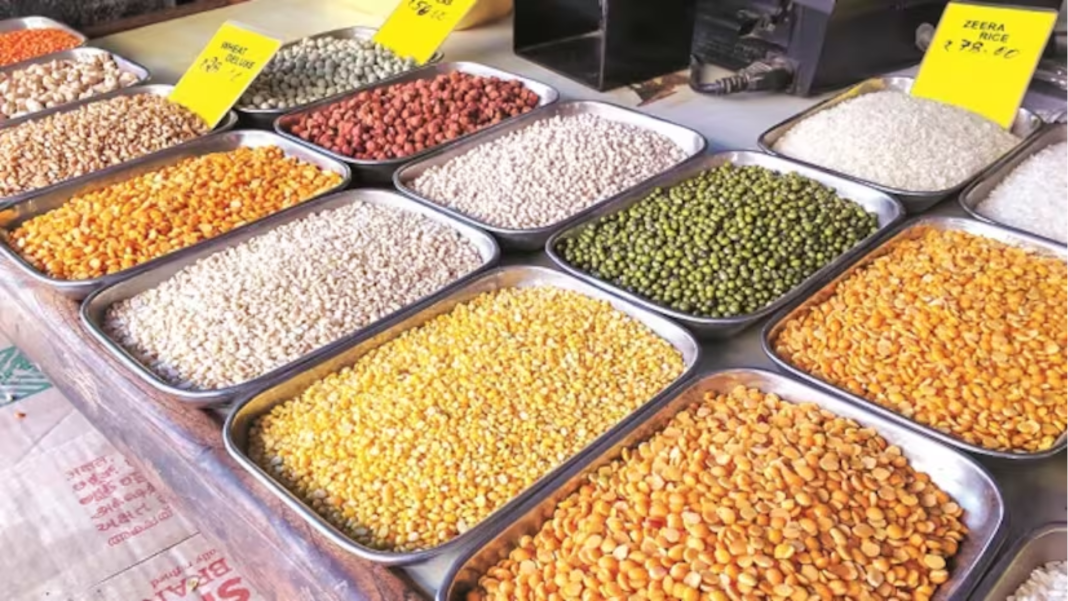In an effort to curb the surging prices of pulses in the domestic market, the government is set to import 400,000 tonnes of tur dal (pigeon pea) from Myanmar in January. Additionally, in February, another substantial measure is planned, with 1 million tonnes of urad dal (black gram) to be imported, all aimed at mitigating the escalating cost concerns.
India is importing tur during the ongoing harvesting period, anticipating reduced production compared to the previous year due to a decline in cultivated acreage.
In January of this year, the government implemented a stock limit on tur and urad to prevent hoarding and speculative activities, with the intention of improving affordability for consumers. Despite the initial deadline set for October 30, the government decided to extend this measure until the end of December.
According to government data, on Tuesday, the retail price of urad across all of India was INR 11,198.09 per quintal, compared to last year’s figure of INR 9,627.48.
In October, retail inflation for pulses surged to 18.79%, primarily driven by significant increases in the prices of tur (40.94%), gram (11.16%), and moong (12.75%). The inflation rate for tur surpassed the 37.3% recorded in September, despite the government’s initiatives to boost imports from Africa and Myanmar by eliminating the import duty on tur in March.
Compounding the issue, a reduction in tur acreage during the kharif season resulted in a production shortfall, contributing to a rise in food inflation over the past few months. Government data reveals that the area under tur decreased from 4.61 million hectares on September 29, 2022, to 4.39 million hectares on September 29, 2023.
As per the initial advance estimates from the Ministry of Agriculture for the kharif crops of 2023-24, the projected tur production stands at 3.42 million tonnes, closely resembling last year’s output. Additionally, the anticipated urad cultivation area is estimated at 3.07 million hectares, slightly lower than the approximately 3.10 million hectares recorded in the previous year.
“The total annual requirement of tur dal in India is 45 lakh (4.5 million) metric tonnes as it is consumed in most parts of India,” said Bimal Kothari, chairman of the India Pulses & Grains Association.
Experts suggest that with tur prices remaining nearly 40% higher in November, there is a possibility of further acceleration in pulses inflation. Tur carries a 0.8% weight in the retail basket.
At the wholesale level, tur dal is hovering at INR 87-90 per kg. “Post imports, it is expected that there will be no sudden surge in prices. The consignments for tur will land in India from Myanmar in January,” added Kothari.
As per the Bank of Baroda’s kharif crop projection report for 2023-2024, the production of urad dal is anticipated to decrease to 1.5-1.6 million tonnes, marking a decline from the 1.77 million tonnes recorded during the kharif season of 2022-2023.


